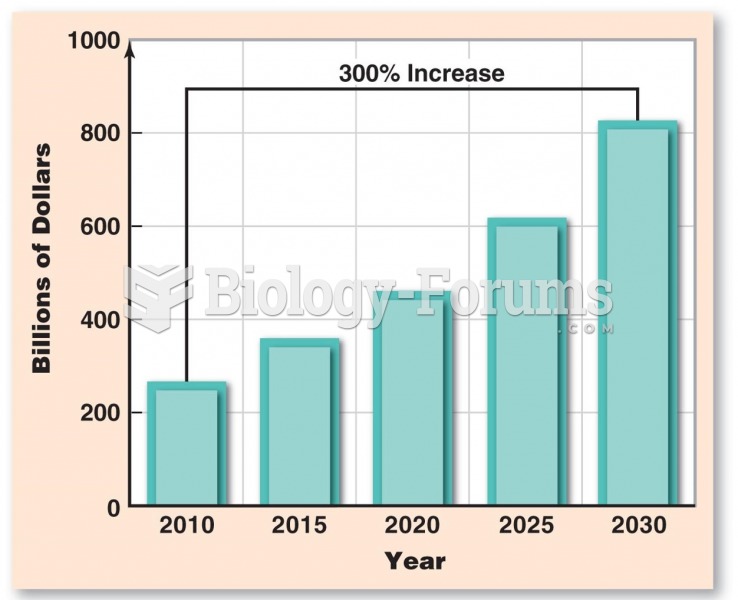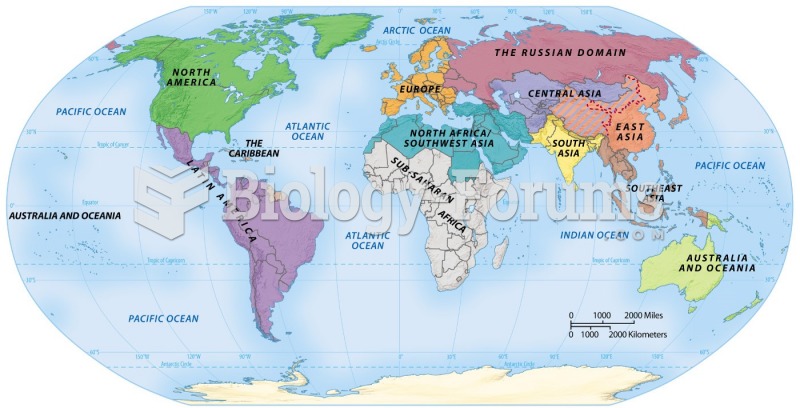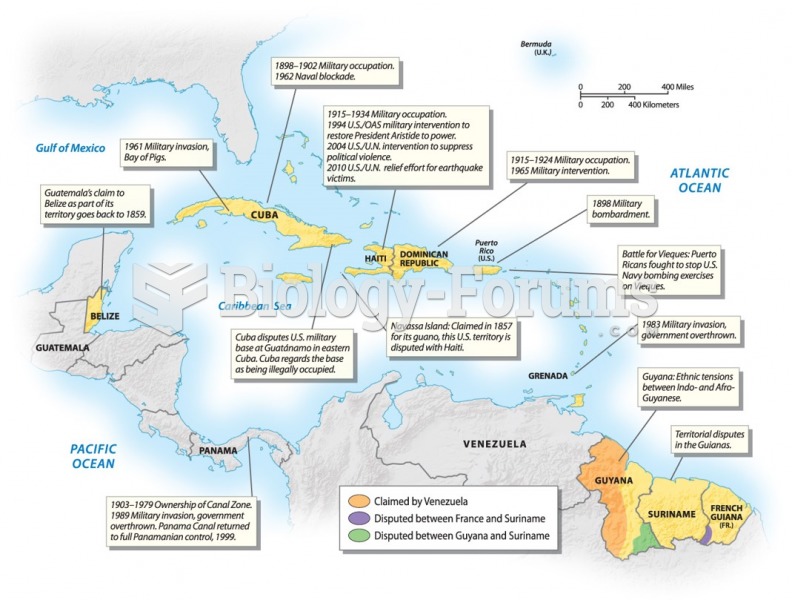Answer to Question 1
TRUE
Answer to Question 2
Please could you help me with another one. Thank you
Answer to Question 3
Benefits of Regional Integration-Nations engage in specialization and trade because of the potential for gains in output and consumption. Higher levels of trade between nations should result in greater specialization, increased efficiency, greater consumption, and higher standards of living.
1. Trade Creation-Economic integration removes barriers to trade and/or investment for nations belonging to a trading bloc. The increase in the level of trade between nations that results from regional economic integration is called trade creation. One result of trade creation is that consumers and industrial buyers in member nations are faced with a wider selection of goods and services not previously available.
Another result of trade creation is that buyers can acquire goods and services at lower cost after removal of trade barriers such as tariffs. Furthermore, lower-priced products tend to drive higher demand for goods and services because they increase purchasing power.
2. Greater Consensus-The World Trade Organization (WTO) works to lower barriers on a global scale. Efforts at regional economic integration differ in that they comprise smaller groups of nationsranging from several countries to as many as 30 or more. The benefit of trying to eliminate trade barriers in smaller groups of countries is that it can be easier to gain consensus from fewer members as opposed to, say, the 153 countries that comprise the WTO.
3. Political Cooperation-There can also be political benefits from efforts toward regional economic integration. A group of nations can have significantly greater political weight than each nation has individually. Thus, the group, as a whole, can have more say when negotiating with other countries in forums such as the WTO. Integration involving political cooperation can also reduce the potential for military conflict between member nations. In fact, peace was at the center of early efforts at integration in Europe in the 1950s. The devastation of two world wars in the first half of the twentieth century caused Europe to see integration as one way of preventing further armed conflicts.
4. Employment Opportunities-Regional integration can expand employment opportunities by enabling people to move from one country to another to find work or, simply, to earn a higher wage.
Drawbacks of Regional Integration-Some of the drawbacks of regional integration are as follows.
1. Trade Diversion-The flip side of trade creation is trade diversionthe diversion of trade away from nations not belonging to a trading bloc and toward member nations. Trade diversion can occur after the formation of a trading bloc because of the lower tariffs charged among member nations. It can actually result in increased trade with a less-efficient producer within the trading bloc and reduced trade with a more efficient, nonmember producer. In this sense, economic integration can unintentionally reward a less efficient producer within the trading bloc. Unless there is other internal competition for the producer's good or service, buyers will likely pay more after trade diversion because of the inefficient production methods of the producer.
2. Shifts in Employment-The formation of a trading bloc promotes efficiency by significantly reducing or eliminating barriers to trade among its members. The surviving producer of a particular good or service, then, is likely to be the bloc's most efficient producer. Industries requiring mostly unskilled labor, for example, tend to respond to the formation of a trading bloc by shifting production to a low-wage nation within the bloc.
3. Loss of National Sovereignty-Successive levels of integration require that nations surrender more of their national sovereignty. The least amount of sovereignty that must be surrendered to the trading bloc occurs in a free trade area. By contrast, a political union requires nations to give up a high degree of sovereignty in foreign policy. This is why a political union is so hard to achieve. Long histories of cooperation or animosity between nations do not become irrelevant when a group of countries forms a union. Because one member nation may have very delicate ties with a nonmember nation with which another member may have very strong ties, the setting of a common foreign policy can be extremely tricky.








